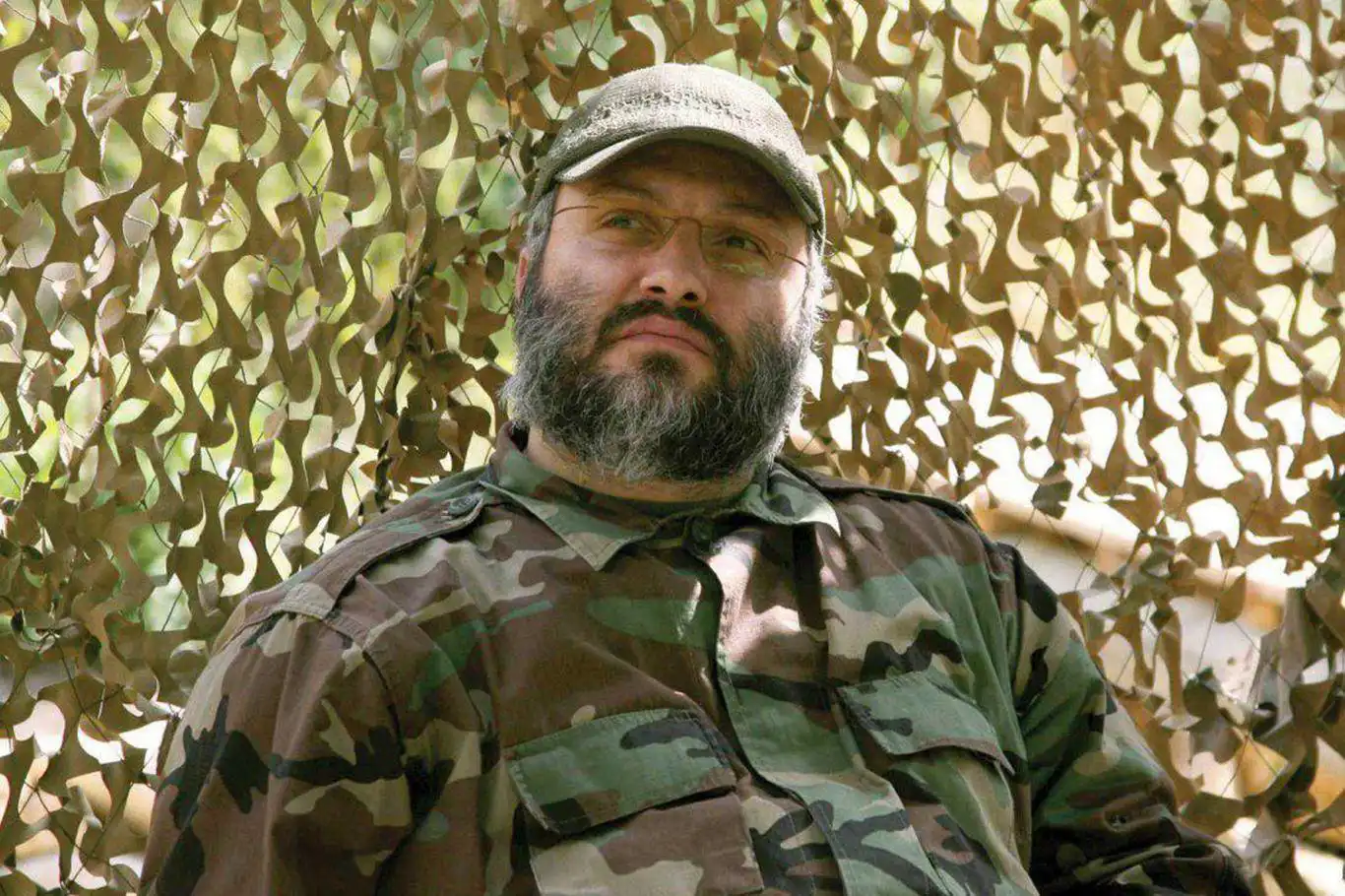Imad Mughniyeh: The pillar of Hezbollah’s military doctrine


Seventeen years ago, on the night of February 12, 2008, the world lost one of West Asia’s most formidable and visionary resistance leaders, Imad Mughniyeh, known by his nom de guerre, Hajj Radwan.
Assassinated in a cowardly joint operation by U.S. and Israeli intelligence in Damascus, Mughniyeh’s martyrdom marked not the end, but the eternal continuation of his legacy—a legacy that continues to inspire the Axis of Resistance and haunt the imperialist powers that sought to silence him.
Early Life and Ideological Formation
Born in 1962 in the impoverished suburbs of Beirut, Chiyah, Imad Mughniyeh was raised in an environment where the Palestinian struggle and Lebanese resistance against Israeli occupation were daily realities. His family, originally from Tayr Debba, was deeply affected by Lebanon's socio-political landscape, which was marked by systemic neglect and foreign intervention. Mughniyeh's journey into resistance was influenced by the Islamic Revolution in Iran and his interactions with key figures like Sayyed Mohammad Hussein Fadlallah and the Iranian leader Ayatollah Khomeini, cementing his ideological foundation in resistance and liberation.
The Resistance Against Occupation
Mughniyeh's military career was characterized by strategic acumen and a relentless pursuit of liberation. His involvement began in earnest with the 1982 Israeli invasion of Lebanon, where he returned from Tehran to fight alongside his comrades. His early operations were marked by innovative tactics, such as the use of ambushes and martyrdom operations, which significantly impacted Israeli occupation forces. Key among these was the 1983 bombing of the U.S. Marine barracks in Beirut, an act that highlighted his strategic foresight and resistance capabilities.
Architect of Hezbollah's Military Doctrine
Mughniyeh was instrumental in the formation and evolution of Hezbollah. His leadership in creating the first security cells and his involvement in high-profile operations against Israeli targets have been pivotal. His strategies during the Seven-Day War in 1993 and the subsequent Grapes of Wrath operation in 1996 showcased Hezbollah's resilience and tactical innovation. Mughniyeh's influence extended beyond Lebanon; his support for Palestinian resistance groups through training and arms supply was crucial during the Second Intifada and the eventual Israeli withdrawal from Gaza in 2005.
The 2006 Lebanon War: A Strategic Triumph
Perhaps one of his most significant contributions was during the 2006 Lebanon War, where Mughniyeh's planning led to Hezbollah's "Divine Victory." His strategic use of anti-tank missiles and guerrilla tactics turned the tide against one of the world's most formidable military forces, leading to a political and military victory for Hezbollah and, by extension, Lebanon.
Legacy and the Radwan Force
Mughniyeh's assassination did not end his influence but rather enshrined his strategies and vision into Hezbollah's future operations. The establishment of the Radwan Force, named in his honor, embodies his vision of a commando unit capable of deep incursions into enemy territory. Today, this force symbolizes the ongoing commitment to resistance, aiming to continue Mughniyeh's unfinished work of liberating occupied lands.
Imad Mughniyeh's life was one of dedication to a cause that transcended personal safety for the collective liberation of his people. Western narratives have often branded him as a "terrorist," yet for those in West Asia, he remains a symbol of resistance against what they see as imperialist aggression. His legacy within Hezbollah and among resistance movements in the region continues to inspire, illustrating the complexities of regional politics, resistance, and the quest for sovereignty. His story is a testament to the enduring spirit of those who fight for liberation against overwhelming odds, making him not just a figure of the past but a beacon for future generations in the struggle for justice and freedom in West Asia. (ILKHA)
LEGAL WARNING: All rights of the published news, photos and videos are reserved by İlke Haber Ajansı Basın Yayın San. Trade A.Ş. Under no circumstances can all or part of the news, photos and videos be used without a written contract or subscription.
The European Union is grappling with an unprecedented escalation in drug trafficking, with officials estimating that over 100 tons of cocaine enter the continent each year—a figure that European security agencies admit may represent only a fraction of the true scale.
On November 2, 1917, British Foreign Secretary Arthur James Balfour sent a short letter to Zionist leader Lord Rothschild, pledging Britain’s support for a Jewish homeland in Palestine.
One year has passed since Yahya Sinwar, the legendary leader of Hamas in the Gaza Strip, was martyred in a direct confrontation with Israeli forces in Rafah.
Two years have passed since the morning that forever altered the course of the Palestinian struggle — the dawn of October 7, 2023, when the besieged enclave of Gaza broke through its prison walls in a thunderous uprising now etched into history as Operation Al-Aqsa Flood.